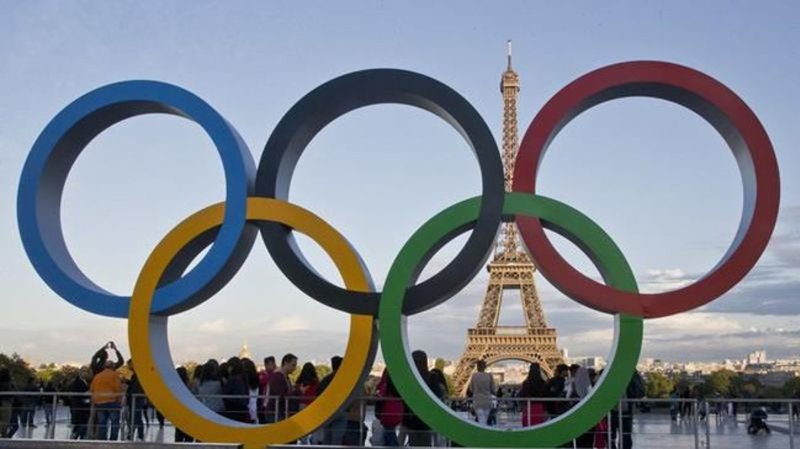
Paris Olympics could join a longer list of Games marred by scandal
The news that French law enforcement officials are looking into possible corruption in awarding contracts for the Paris Olympics threatens to place those Games on the ever-growing list of Olympics that have been tarnished by scandals. A look at notable bidding scandals of the 21st century:
SALT LAKE CITY, 2002 — Possibly the most wide-ranging bidding scandal of all time resulted in the removal of 10 members of the International Olympic Committee and a complete overhaul of the bidding process. The first whiff of scandal came in 1998 when a letter emerged suggesting the Salt Lake City bid committee was paying college tuition for the child of an IOC member. Payments totaling more than $1 million in cash, gifts, trips and scholarships were later discovered. The U.S. Department of Justice opened a case alleging 15 counts of bribery and fraud, though it was later thrown out. One major change is that IOC members were no longer allowed to visit bid cities.
RIO DE JANEIRO, 2016 — The investigation started in 2017, the year after the Olympics were over, when French newspaper Le Monde reported that IOC members had been bribed three days before the vote in 2009. The head of Brazil’s Olympic Committee, IOC member Carlos Nuzman, received a sentence of nearly 31 years in jail for the vote-buying scheme. Nuzman and others were found to have bribed the then-president of the global track federation, Lamine Diack, and his son, Papa Massata Diack, for their votes. The Diacks have been sentenced to jail for corruption in his role at the track federation.
TOKYO, 2020 — Several Japanese companies have been charged with rigging bids for lucrative contracts for the Tokyo Olympics. One of Japan’s largest advertisers, Dentsu, which played a big role in helping Tokyo land the Games, was their chief marketing arm. The company raised a record $3.3 billion in local sponsorships. These cases are still winding through the Japanese courts. A Japanese consulting firm also made payments to Papa Massata Diack at around the time the Games were awarded, though Diack has denied the payments were related to the bid.


